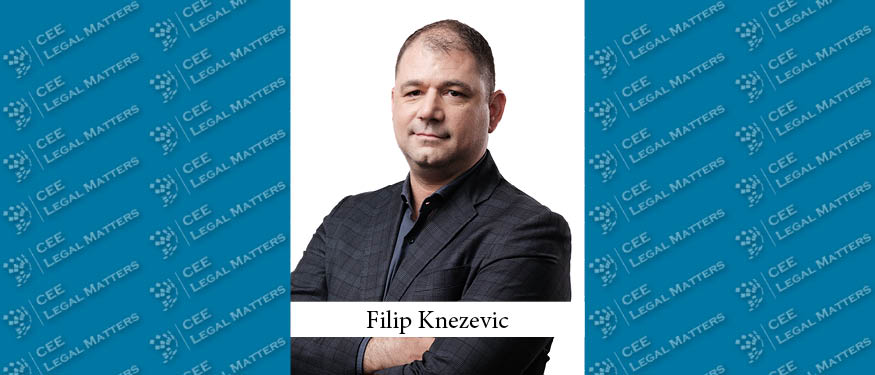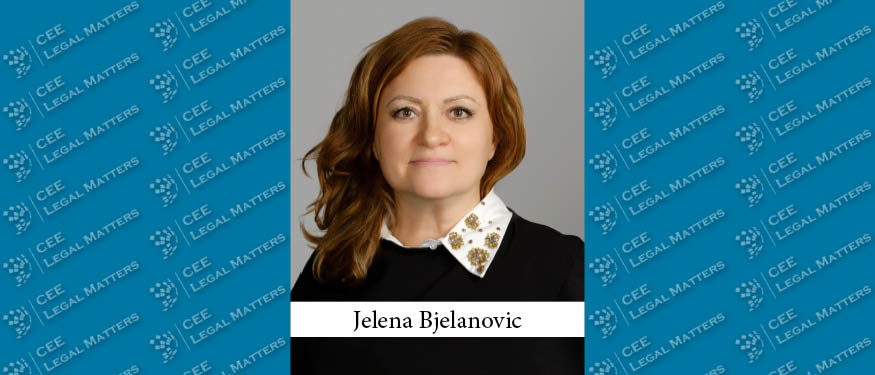Do defendants need to make a formal setoff statement against the creditor’s claim in front of the judge to extinguish the claimant’s claim? Or is it enough to refer informally to an earlier setoff made by them prior to the litigation? A fresh decision of the Hungarian Supreme Court, analysed in this article, gives answer to these questions.
Facts
The claimant as a contractor and the defendant as a client entered a contract to ensure the operability and full servicing of various medical devices and equipment owned by the defendant (“Service Contract”).
In May 2018 a CT device malfunctioned, and the defendant requested the claimant to repair the defect. Although the claimant’s colleagues examined the faulty CT device, they did not fix the error, so the defendant engaged another contractor to carry out the repair works.
The defendant refused to pay the invoices of the claimant due under the Service Contract, thus the claimant sued him. The defendant pleaded that the claimant infringed his contractual obligations and the fee paid by him to the other contractor is considered as damages which was set off by the defendant against the claimant’s contractor’s fee under the Service Contract.
The first and second instance decision
In the litigation, one of the main arguments of the claimant was that although the defendant referred to the setoff, he failed to file a formal setoff statement as required by the Civil Procedure Code thus the court should refuse it.
The first instance court upheld the claimant’s action and ordered the defendant to pay the claimant’s contractor’s fee. According to the court it is true that the defendant failed to file a formal setoff statement within 45 days, but he referred to his offset as an objection of performance so the court can examine the setoff in the merits.
In the court’s view, the claimant acted in accordance with his contractual obligations while the defendant did not follow the order of warranty rights as prescribed by the law since first, he should have called the claimant to correct the error if it was still existing.
By contrast, the second instance court rejected the claimant’s action. According to the court, the claimant infringed his contractual obligations since he has failed to specify the cause of the defect and failed to engage a suitable subcontractor who could repair the device.
Since the defendant was entitled to enforce his warranty rights as an objection against the claimant’s claim, the defendant’s objection extinguished the enforceability of the right claimed by the claimant.
The decision of the Hungarian Supreme Court
The claimant requested the judicial review of the final decision as in his opinion, the defendant could have asserted the setoff only in a formal setoff statement, made during the litigation, thus the lower courts should have rejected it.
According to the Hungarian Supreme Court, the final judgement is not unlawful on the merits, however, the court examined the claimant’s procedural arguments regarding the setoff and made the following conclusions.
In the Supreme Court’s view in case the defendant alleges that he performed the claimant’s claim by a setoff prior the lawsuit, he can refer to the legal effect of the set-off (i.e. that the claim against him is extinguished) within the scope of the defence statement, as a so-called plea of performance.
In this case the defendant could not submit a formal setoff statement, because given the legal effect of the setoff, not only the claim against him was settled (terminated), but also the defendant's own claim has ceased to exist, i.e. he had no counterclaim, which could have been communicated in a formal setoff statement during litigation.
Comment
The Civil Procedure Code which entered into force in 2018 redefined the legal instrument of setoff since it treats setoff not merely as a substantive objection forming part of the defence but as a separate procedural legal instrument. The early commentaries on the new Civil Procedure Code have adopted a formal approach and required the defendant to file a formal setoff statement in every case.
Considering the above it is rather surprising that the Hungarian Supreme Court concluded that in case the setoff was already communicated before the litigation, the defendant only had to refer to this fact without submitting formal setoff statement during the litigation.
Although, from the defendants' point of view, it is to be welcomed that the Supreme Court bated the formalism required by the Civil Procedure Code, from the claimants’ point of view it is an unfavourable turn, because it may leave room for possible multiple claims, and as such may delay the resolution of legal disputes.
In the article, we analysed the Hungarian Supreme Court decision published under No. BH 2023.10.245 (Kúria Pfv.V.20.929/2022/4.)
By Richard Schmidt, Managing Partner and Anita Vereb, Attorney-at-law, SmartLegal Schmidt & Partners

















